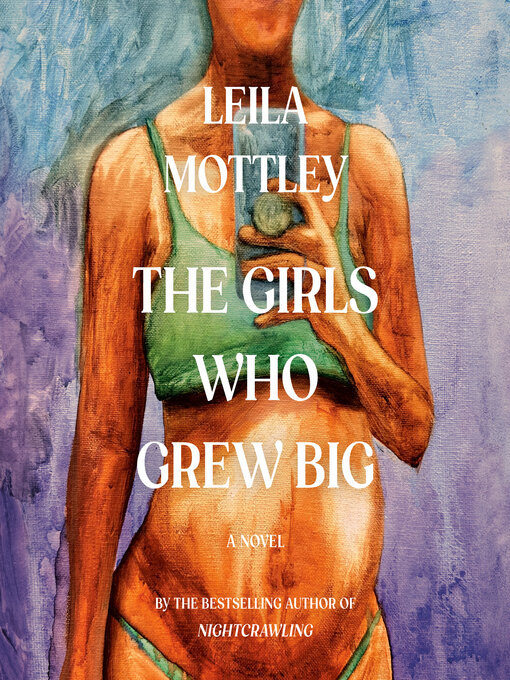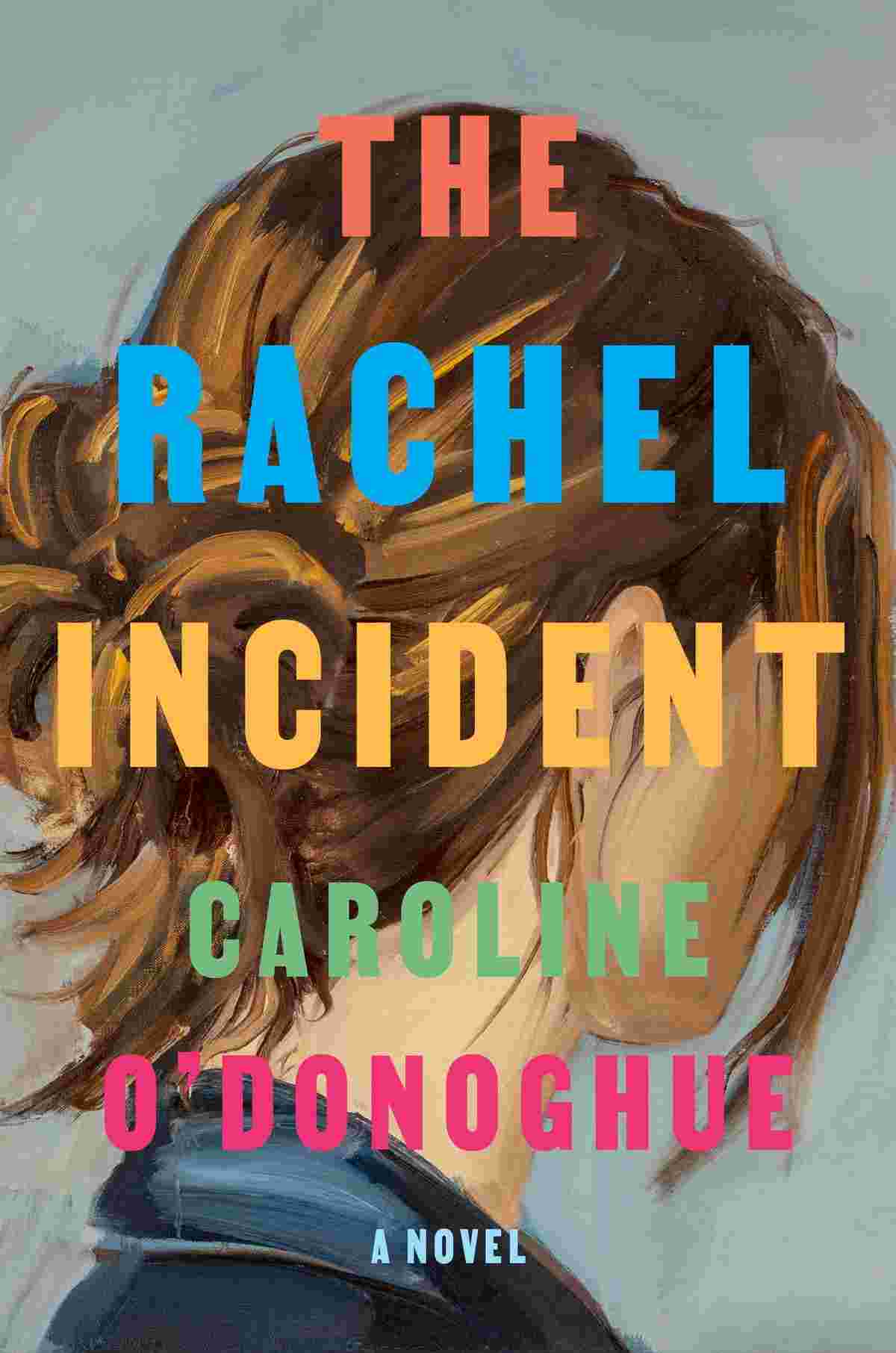Yambunz finished reading The Girls Who Grew Big by Leila Mottley

The Girls Who Grew Big by Leila Mottley, AhDream Smith (Narrator), Erin Spencer (Narrator), and 1 other
Adela Woods is sixteen years old and pregnant. Her parents banish her from her comfortable upbringing in Indiana to her …












